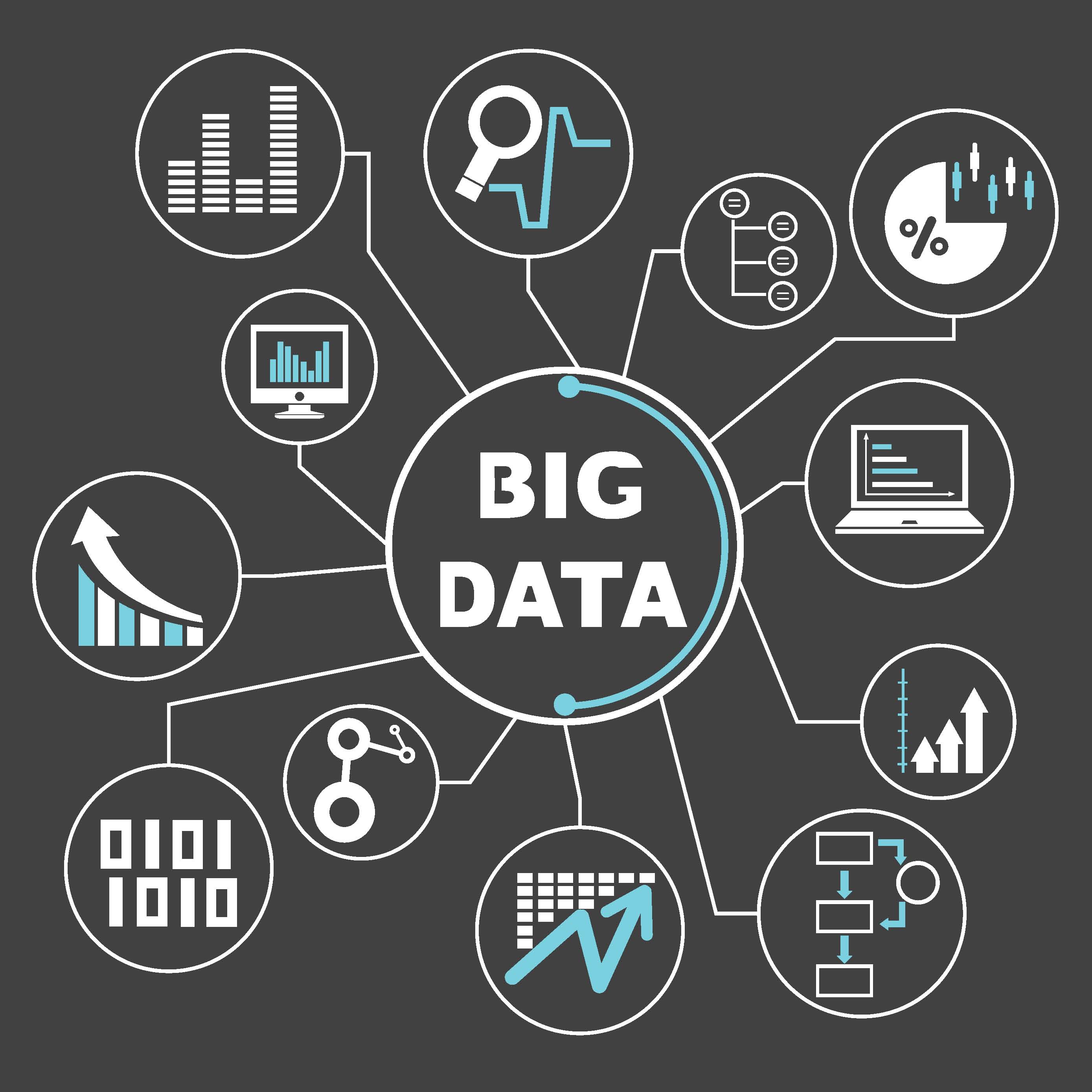|
Digital healthcare is ushering in a new era of medical innovation and transforming the way we approach healthcare. With advancements in technology, digital tools are now playing an integral role in diagnosis, treatment, and patient care. From mobile health apps to wearable devices, the integration of digital technology into healthcare has the potential to improve efficiency, accessibility, and patient outcomes. One of the key benefits of digital healthcare is its ability to enhance remote patient monitoring. Telemedicine platforms allow patients to connect with healthcare providers from the comfort of their homes, eliminating the need for in-person visits. This not only saves time and reduces healthcare costs but also enables the delivery of timely medical interventions, particularly in rural or underserved areas where access to healthcare is limited. Patients can now receive expert medical advice, consultations, and even remote diagnostics through virtual visits, facilitating early detection and intervention for various conditions. Moreover, digital healthcare empowers individuals to take control of their health through personalized wellness applications. Mobile health apps are equipped with features like activity tracking, diet monitoring, medication reminders, and even virtual coaching. These applications enable users to proactively manage their health, promote healthy habits, and prevent chronic diseases. By incorporating artificial intelligence and machine learning algorithms, these apps can analyze user data to provide tailored recommendations and insights, making healthcare more individualized and effective. In addition to remote monitoring and wellness apps, wearable devices have become increasingly popular in digital healthcare. Devices such as smartwatches, fitness trackers, and biosensors can continuously monitor vital signs, track physical activity, and even detect irregularities in heart rhythm. This real-time data can be shared with healthcare professionals, enabling proactive interventions and timely medical attention. Wearables also encourage users to adopt healthier lifestyles by setting goals, providing feedback, and fostering a sense of accountability towards their well-being. The integration of electronic health records (EHRs) is another vital aspect of digital healthcare. EHRs enable seamless sharing of medical information among healthcare providers, ensuring continuity of care and reducing medical errors. With digitized patient records, physicians can access comprehensive medical histories, review test results, and make informed decisions. This not only improves coordination between healthcare teams but also enhances patient safety and reduces duplication of tests or procedures. Despite the numerous advantages, there are challenges that arise with the widespread adoption of digital healthcare. Data security and privacy concerns are major considerations, as the proliferation of sensitive healthcare information increases the risk of breaches or unauthorized access. Striking a balance between convenience and safeguarding patient data is crucial to maintain trust in digital healthcare systems. digital healthcare has revolutionized the medical landscape by leveraging technology to deliver efficient, personalized, and accessible healthcare solutions. From remote patient monitoring to wearable devices and electronic health records, the integration of digital tools holds immense potential for improving patient outcomes and promoting proactive wellness. However, it is essential to address security concerns and ensure robust data protection measures to facilitate the widespread adoption of digital healthcare and realize its full benefits.  |
